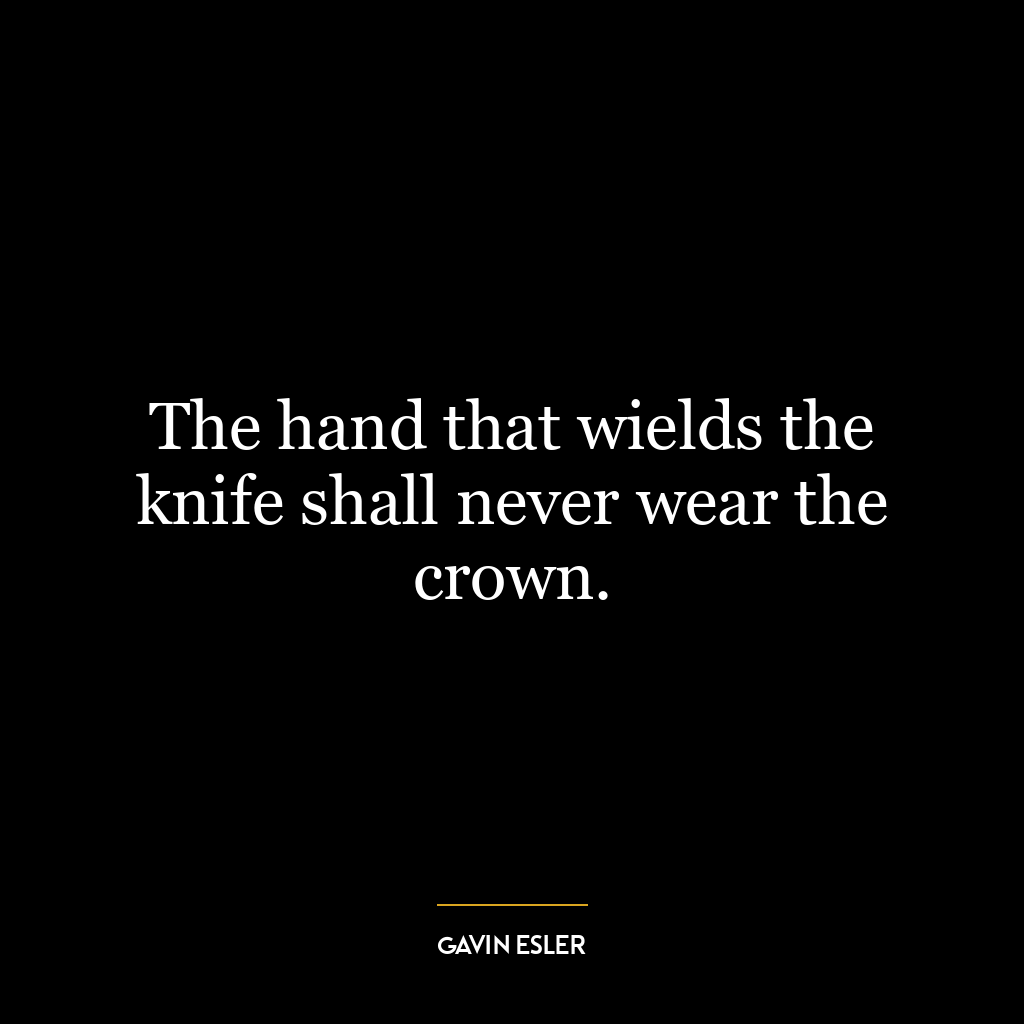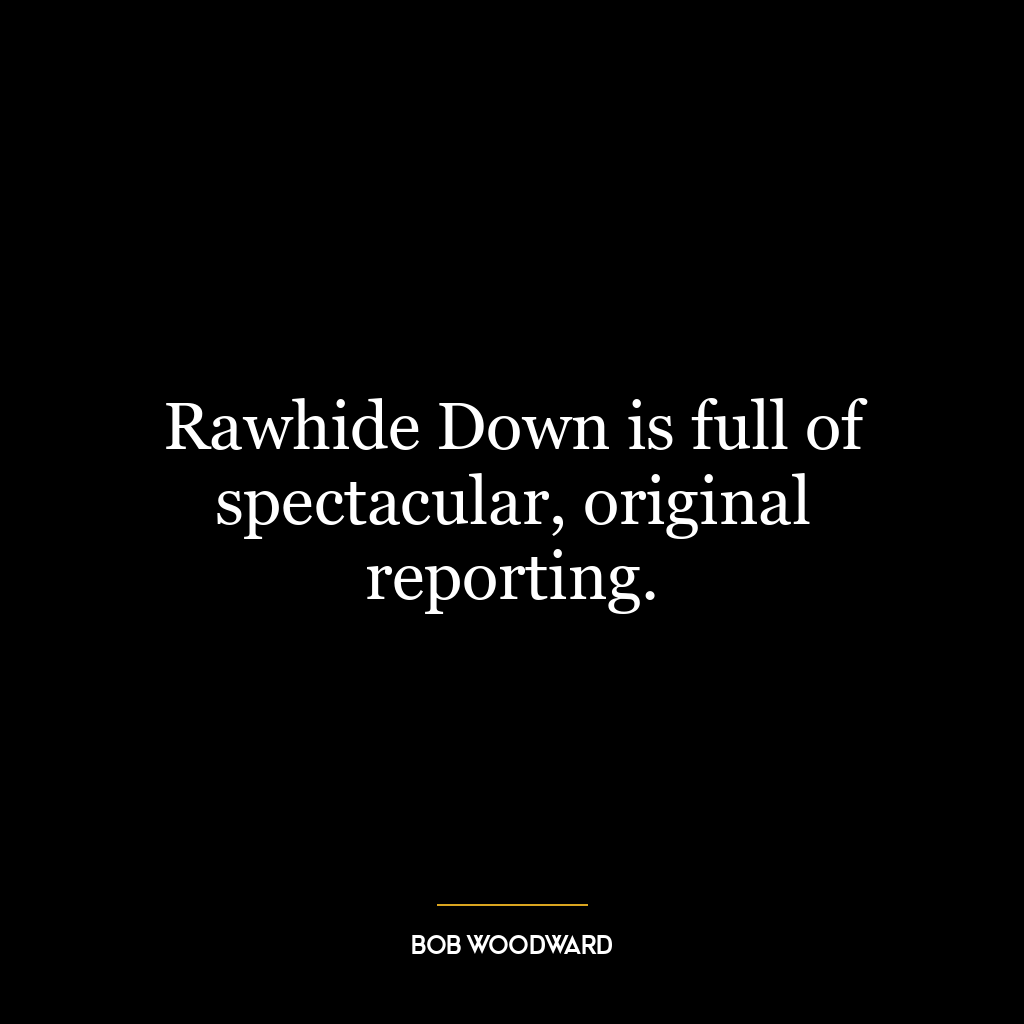Auberon Waugh Quotes
- Journalist
- England
- 1939 - 2001
Auberon Alexander Waugh (1939-2001) was an English journalist, satirist, and author. He was the eldest son of the novelist Evelyn Waugh and was educated at Oxford University. He wrote for a variety of publications, including The Spectator, Private Eye, and The Daily Telegraph. He was best known for…Read More
Auberon Alexander Waugh (1939-2001) was an English journalist, satirist, and author. He was the eldest son of the novelist Evelyn Waugh and was educated at Oxford University. He wrote for a variety of publications, including The Spectator, Private Eye, and The Daily Telegraph. He was best known for his satirical novels, including The Foxglove Saga (1968), A Bed of Flowers (1975), and Father and Son (1984). He also wrote several non-fiction works, including Will This Do? (1991), a memoir of his life and career. Waugh was a controversial figure, known for his outspoken views on politics and religion.Read Less
Auberon Alexander Waugh (1939-2001) was an English journalist, satirist, and author. He was the eldest son of the novelist Evelyn Waugh and was educated at Oxford University. He wrote for a variety of publications, including The Spectator, Private Eye, and The Daily Telegraph. He was best known for his satirical novels, including The Foxglove Saga (1968), A Bed of Flowers (1975), and Father and Son (1984). He also wrote several non-fiction works, including Will This Do? (1991), a memoir of his life and career. Waugh was a controversial figure, known for his outspoken views on politics and religion.
Auberon Waugh Career Highlights
Auberon Waugh was a British journalist, author, and satirist who gained fame for his sharp wit and controversial opinions. He was born on November 17, 1939, in Dulverton, Somerset, England, to author Evelyn Waugh and his second wife, Laura Herbert. Waugh attended Oxford University, where he studied philosophy, politics, and economics.After graduating from Oxford, Waugh began his career as a journalist, writing for various publications such as The Spectator, Private Eye, and The Daily Telegraph. He gained a reputation for his acerbic and often controversial writing style, which often targeted politicians, celebrities, and the establishment.
Key Contributions by Auberon Waugh
Waugh’s most notable contribution was his role as editor of The Literary Review, a British literary magazine, from 1986 until his death in 2001. During his tenure, he transformed the magazine into a platform for his own brand of satirical and often scathing commentary on the literary world.Waugh was also known for his prolific writing career, which included over 20 books, including novels, collections of essays, and biographies. His most famous works include “The Diaries of Auberon Waugh” and “Will This Do? An Autobiography.”
What Sets Auberon Waugh Apart
What set Auberon Waugh apart was his unapologetic and often controversial opinions. He was known for his staunch conservatism and his disdain for political correctness. He was also a vocal critic of the European Union and the British establishment.Waugh’s writing style was also a defining characteristic, with his sharp wit and biting sarcasm earning him a loyal following of readers. He was unafraid to speak his mind and often used his platform to challenge societal norms and conventions.
Takeaways
Auberon Waugh’s legacy is one of a fearless and uncompromising writer who was not afraid to challenge the status quo. He was a master of satire and his writing continues to inspire and entertain readers today. His contributions to the literary world and his unique perspective on politics and society make him a notable figure in British journalism.







